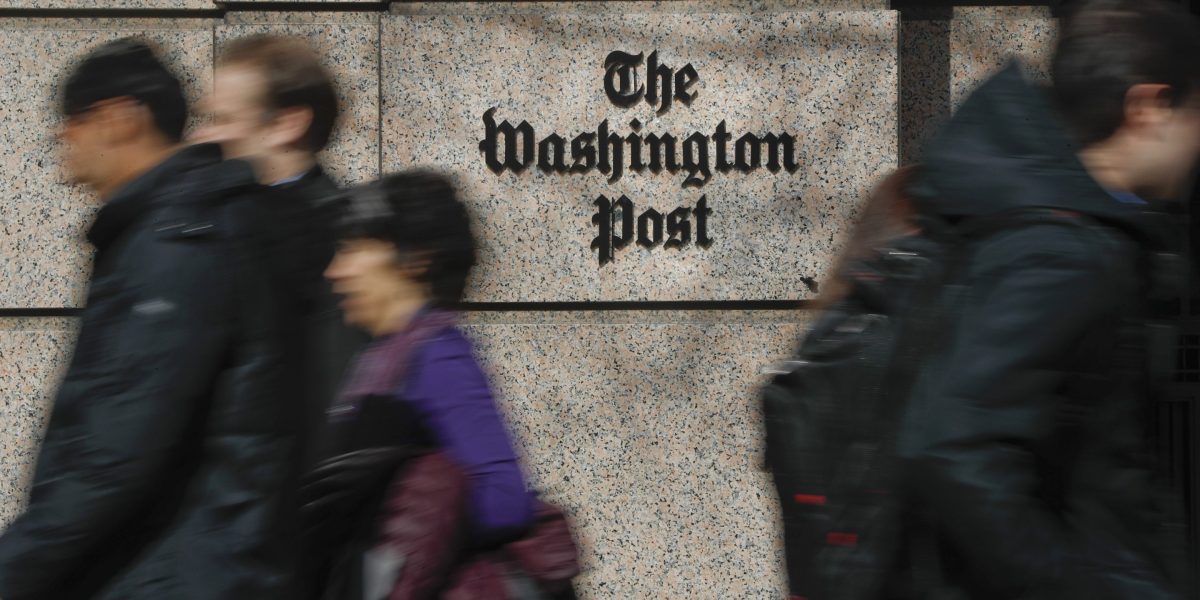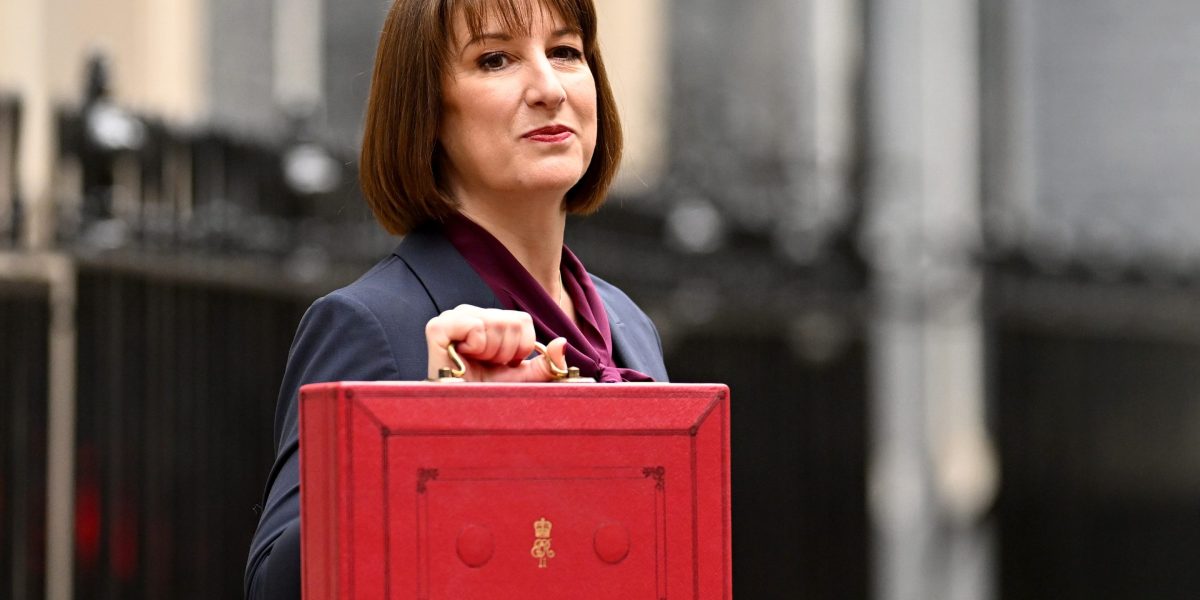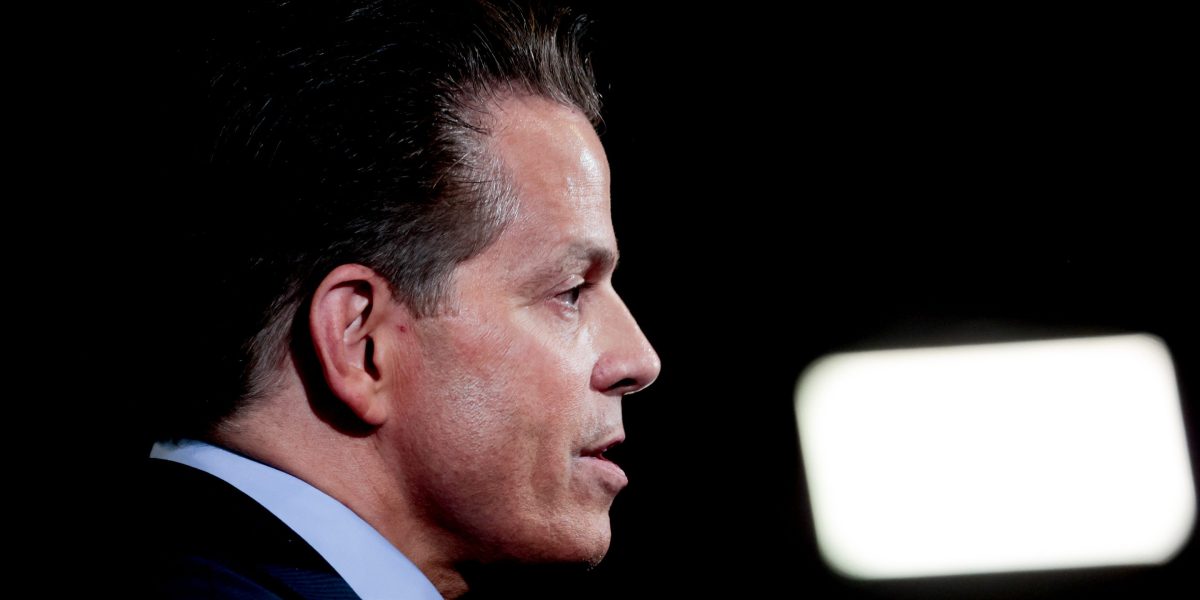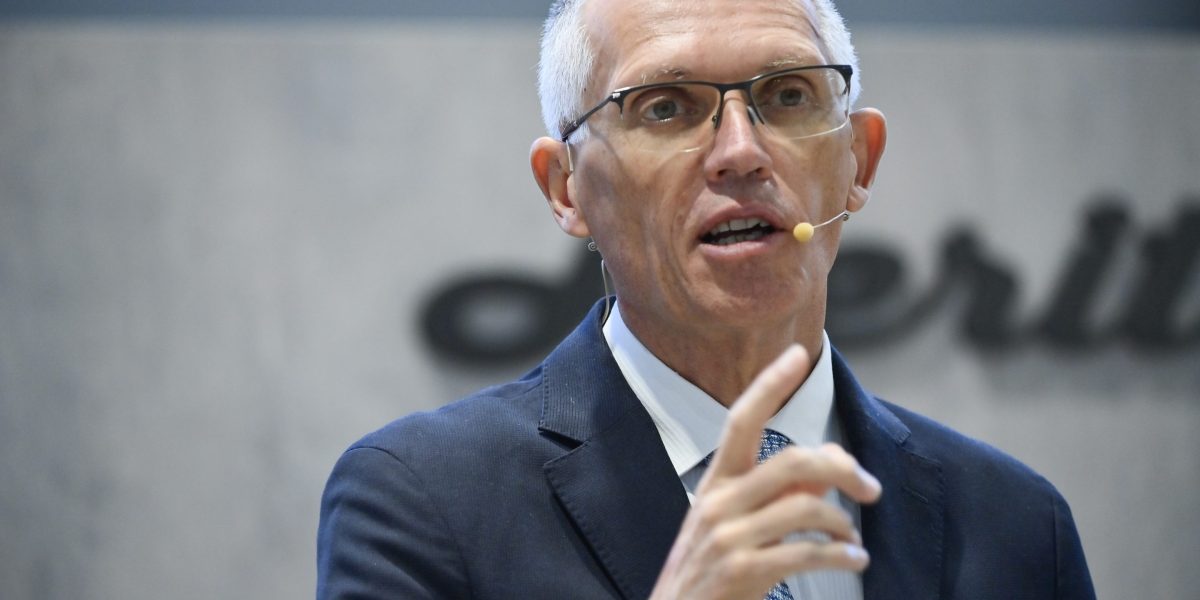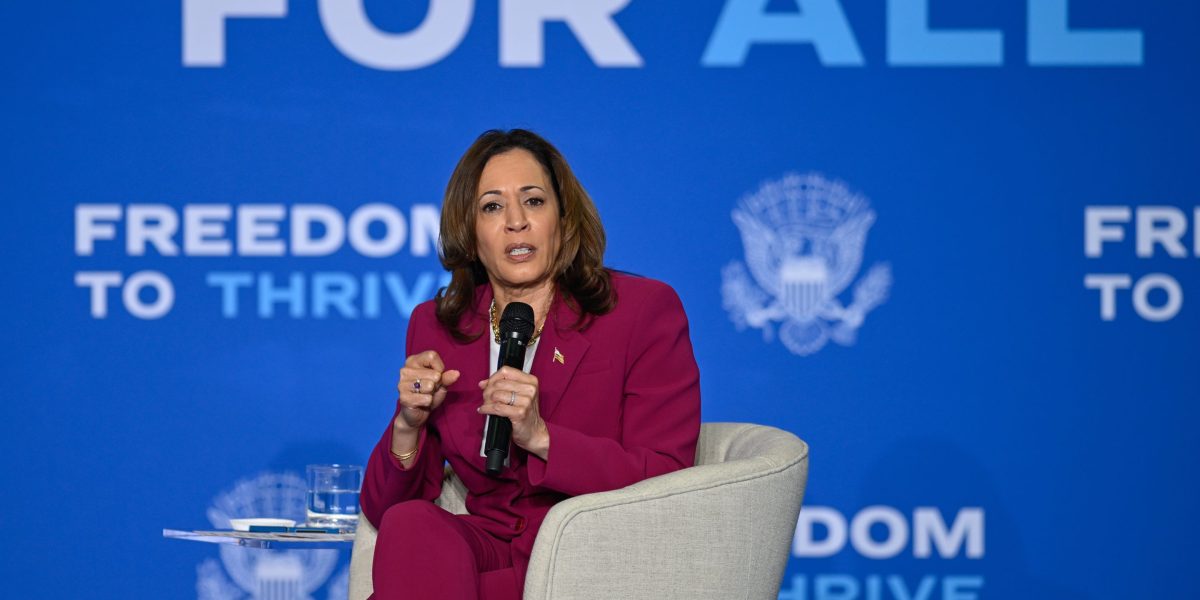
Economic opportunity will be one of the biggest deciding factors for Americans headed to the polls next week. There is an obvious choice: Only one candidate has presented detailed and well-reasoned plans for American businesses and entrepreneurs. But in convincing the American public, Kamala Harris will have overcome the same hurdles faced by countless Black female entrepreneurs.
Black women have long faced an uphill battle when it comes to proving their economic prowess. Last year, women-founded startups received just 2% of venture funding in the U.S. and Europe. Black-founded startups received even less—just 0.5% of venture funding in the U.S. The U.S. Department of Commerce reports that minority-owned businesses are more likely to avoid applying for loans due to fear of rejection, and are less likely to be approved when they do apply. A study by the U.S. Federal Reserve found that Black entrepreneurs are indeed nearly twice as likely to be denied loans as their white counterparts.
It’s a massive disadvantage for the entire U.S. economy. S&P Global has estimated that the U.S. has missed out on over $500 billion over the last few decades because of the financial obstacles created for Black women—and trillions because of the obstacles facing all women.
Unlocking the full potential of the U.S. economy will require unleashing the power of minority and female business owners, many of whom have been slower to recover in the post-COVID economy.
Kamala Harris is redefining economic policy by focusing on equity and opportunity for entrepreneurs. Her campaign recently rolled out a new plan focused on backing businesses and growing the economy. She’s proposing an increase in tax breaks for new startups, raising the deduction from $5,000 to a whopping $50,000. It’s part of a broader strategy designed not only to stimulate business creation but also to underscore Harris’s commitment to an opportunity-driven economy.
That’s not a new stance for Harris, who has been working hard to build bridges with the business community. As financial professionals in the venture world, we see Harris as genuine in her commitment to fostering innovation and entrepreneurship. She’s often been the point person for the Biden White House’s minority and women-owned business initiatives.
During her term as Vice President, Harris helped create the Economic Opportunity Coalition, a public-private partnership to address economic disparities between communities of color and the rest of the nation. That coalition of 24 companies committed more than $3 billion in capital to community development financial institutions (CDFIs) and minority depository institutions (MDIs).
It’s no surprise then that over 825 of the country’s top venture capitalists have rallied behind her vision and publicly signed a pledge titled VC’s for Kamala. Some of the signatories include major hitters like Vinod Khosla, Fred Wilson, Chris Sacca, Brad Feld, Steve Westly, and legendary tech founders Reid Hoffman and Mark Cuban.
I signed on, too. As a venture capitalist, I share the expectation that Vice President Harris will implement economic policies that uplift a thriving startup ecosystem that encourages technological innovation.
But as an African-American venture capitalist, I see something more. A Harris-Walz administration will usher in an era of dramatically increased support for minority and women founders—groups that have long struggled to succeed without the kind of support and advisory networks more traditional founders have enjoyed.
This spur to action from the executive office could hardly be more important right now. Left and right, fearful of political backlash and empowered by dog whistling on the right, companies have been slowly revoking and renouncing their diversity, equity, and inclusion (DEI) programs, as well as policies designed to lift up employees of color. Companies like John Deere, Ford, and even Google have rolled back their DEI programs to the disadvantage of their employees.
Diversity has been weaponized—a strange and troubling reality given that studies have shown that corporate DEI programs generally worked by helping to get more diverse perspectives into decision-making roles, and the companies that implemented them were more successful than those that were not.
America can’t afford to take a step backward from progress. Coming into the election, voters need to take that power back aggressively by fighting for democracy—and against the division that’s being sown across the country.
Harris’s track record suggests she’ll maintain this inclusive approach if elected. Although political polarization might pose challenges, she has the potential to unite both parties under a common goal of fostering economic growth.
Few support policies that drive business and innovation as passionately as venture capitalists. So when nearly a thousand of them back a candidate, it’s a strong sign they see someone who will uplift visionaries and help those who support them achieve and sustain their success.
Harris stands as a potentially transformative figure this November. The potential to bring opportunity and prosperity to economically challenged groups and communities, combined with a track record of support for America’s world-class tech innovation ecosystem, could lay the groundwork for a profound period of prosperity across the United States.
More must-read commentary published by Fortune:
The opinions expressed in Fortune.com commentary pieces are solely the views of their authors and do not necessarily reflect the opinions and beliefs of Fortune.
Join business’s brightest minds and boldest leaders at the Fortune Global Forum, convening November 11 and 12 in New York City. Thought-provoking sessions and off-the-record discussions feature Fortune 500 CEOs, former Cabinet members and global Ambassadors, and 7x world champion Tom Brady–among many others.
See the full agenda here, or request your invitation.
